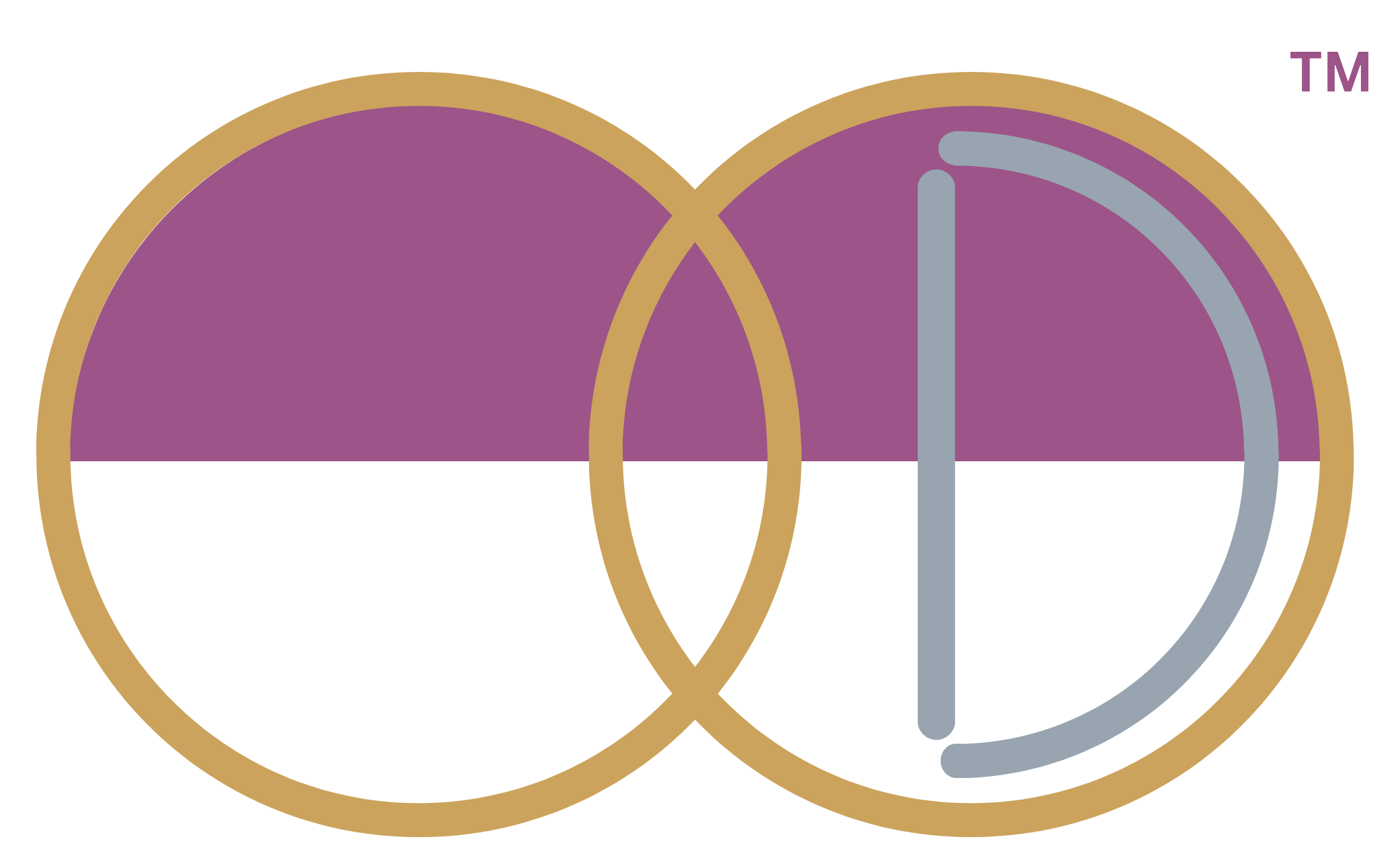5 QUESTIONS TO GET TO THE ROOT
Toxic Subjects for Couples: What Really Triggers Relationship Conflict
Let’s be honest — every couple argues, sometimes intently. But certain topics seem to trigger deeper conflict that goes beyond surface disagreements. If you find yourselves going in circles over the same issues, you’re not alone… and you’re not doomed.
According to research, most couples repeatedly clash over a familiar list of topics. These aren’t just arguments — they’re toxic subjects that can cause lasting damage if not handled with care.
Six of the most common toxic subjects for couples are: Money, sex, jealousy over time spent outside the marriage, in-laws, parenting, and faith/spirituality. To be clear, it isn’t that these topics in and of themselves are necessarily toxic, it’s what happens when the topic is brought up that lets you know you need to approach with caution – not avoid, which is often the preferred response. The average couple struggles with five of these — and most couples have at least three they argue about regularly.
What Makes a Subject “Toxic” in Marriage?
You will know a subject is toxic because it usually:
- Triggers intense emotional reactions
- Causes you to shut down or explode
- Gets avoided completely or argued over endlessly
- Feels like a dead-end with no solution in sight
These subjects are often so charged because they touch on deeper emotional wounds — ones we may not even be aware of.
4 Common Reactions to Toxic Topics that often show up during these arguments
- Stonewalling or withdrawal
- Criticism
- Defensiveness
- Contempt
Sound familiar? If so, it’s not a sign your relationship is broken — it’s a sign there’s something deeper going on that needs attention.
Why These Topics Hurt So Much:
Most of these arguments don’t start in the present. They’re rooted in our past — especially childhood experiences.
Underneath anger is usually one of four emotions: Guilt, inferiority or inadequacy, fear, or past trauma/pain. When couples take time to explore those emotions, they can break the cycle and start healing from the inside out.
5 Questions to Get to the Root of Conflict
- What is my spouse doing that triggers my anger?
(Example: “When my spouse does ____, I feel ____.”) - What’s really behind my anger?
(Guilt? Fear? Feeling inadequate or unsafe?) - When have I felt this way before?
(Think back to earlier life experiences or childhood.) - How do I typically react when I feel this?
(Do you withdraw, get defensive, lash out?) - What do I really need right now?
(Affection, reassurance, understanding?)
The Power of Understanding Your Spouse’s Wounds
When couples start digging deeper into what’s really going on, they stop fighting about the surface issues — and start healing together.
Early in our marriage, I was usually the first one home from work and would get dinner going. Sometime during the day, Jay and I would talk about what time he thought he would be home and I would plan to have dinner ready around that time. Almost every night, Jay would come in later than expected. Dinner was past its prime. I was irritated and off to the races we went, which typically ruined the evening. I felt disrespected and frustrated and Jay felt shut down and confused.
On one of those nights, I was really spun up when Jay walked through the door and I let him have it both barrels, including saying, “Divorce isn’t an option, but I’m sick of this.” At this point, Jay is wide-eyed and looking at me, like, “What in the world is going on?” After a fair amount of conversation, I said, “When my dad was having an affair, he would come in late from work every evening. I don’t believe you are having an affair, but you being late all the time scares me.”
That was an ah-ha moment and an opportunity for both of us.
That’s when empathy replaced blame. I needed to work on not projecting onto Jay what my father did and Jay wanted to work on communicating better with me so I would not be fearful. That’s when intimacy started to grow again.
Couples who do this work transform their relationship. They begin to see the wounds behind the reactions, and that’s where connection comes back to life.
If you find yourselves stuck in the same fight over and over, don’t give up. It’s not that your love is gone — it’s that there are wounds asking to be seen.
Understanding the toxic subjects in your relationship doesn’t mean avoiding them — it means learning how to heal what they’re really about.
Unlock the Joy in Your Marriage
Join our community for exclusive insights and practical advice on nurturing a joyful and lasting marriage. Subscribe today to receive weekly tips and resources that will help you and your partner grow closer through the power of play and shared experiences.
